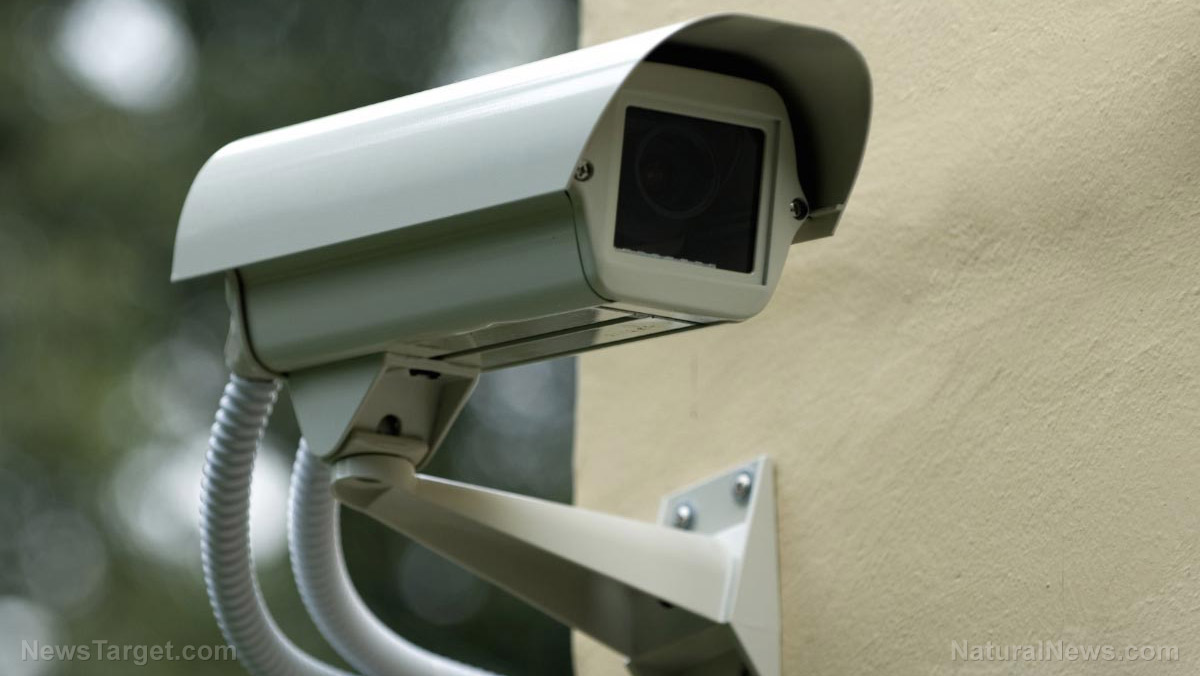5 Tips on securing your home in a SHTF situation
05/18/2020 / By Arsenio Toledo

A good prepper needs to think about home security. Creating a home that can keep you and your family safe takes a lot of time and investment to do. But, with the right tools and the proper foresight, you should be able to cover most of your bases.
Some of the things you should consider installing are systems that can either deter potential home invaders or quickly alert you to their presence. Here are five ways that you can stay alert to any danger surrounding your home. (h/t to AYearWithoutTheGroceryStore.com)
Security cameras
Security cameras are, by far, some of the best security features your home can have to alert you to the presence of any potential burglars. They serve as an extra pair of eyes and ears. However, you should reconsider the placement of your cameras, as they can turn your home into a potential target. Having security cameras posted in prominent locations around your home tells criminals that you have stuff inside that you want to protect. Consider figuring out how to hide security cameras, such as in foliage or in higher positions.
Just note that your security cameras are only there to detect and possibly deter any criminals lurking around your property. If they choose to continue with their home invasion, it will be up to you to defend your home and stop them from taking any of your gear and preparedness supplies.
Outdoor lighting
During normal times, having a good set of motion sensor flood lights installed around your home is a great way to deter any criminals. However, when SHTF, you don’t want to draw attention to your property with a set of lights that turn on when anything passes by in front of them, even a stray animal. Consider subtler and more controllable ways to see in the dark, such as night vision devices.
Indoor lighting
Be careful about your indoor lighting options as well. If you’re in the middle of a disaster and you have to rely on a generator to light up your house, it can draw a lot of attention to you because of the noise. Similarly, using gas or oil lamps and candles can be dangerous, so make sure to take the necessary precautions when using them. Keep your curtains closed when you’re using your lights to limit the amount of light making its way outside.
Other visual cues
Criminals trying to scope out potential homes to break into will look for other visual cues to signal that somebody lives there. If you or other members of your family are using a fireplace or tending to a fire in some other way, there will be smoke. If you’re trying to live self-sufficiently, you will have a well-looked after garden. Figure out ways to make your house blend in better with the other houses in the neighborhood so you don’t draw too much attention. Avoid lighting fires and consider indoor gardening. (Related: Looking to improve your home security? Here are 25 things you can do right now.)
Olfactory signals
Visual signals aren’t the only way potential home invaders can find out where you live. If you’re cooking a meal, that smell may travel outdoors and draw people in. One way to avoid this is by deploying bad odors around your home. A group of police officers in Los Angeles, California did this in 2003 to deter vagrants from loitering around abandoned houses. They deployed a petroleum-based gel substance known as SkunkShot that released an extremely bad odor.
There are many other ways criminals can be deterred from trying to intrude upon your property. You can use visible perimeters, such as fences and walls, or you and a couple of neighbors can go on armed patrols around your neighborhood to protect a lot of families.
Sources include:
AYearWithoutTheGroceryStore.com
Tagged Under: bugging in, bugging out, Home Defense, home preparedness, home security, homesteading, preparedness, prepper, prepping, security cameras, self-defense, survival, survivalist
RECENT NEWS & ARTICLES
Homesteading.News is a fact-based public education website published by Homesteading News Features, LLC.
All content copyright © 2018 by Homesteading News Features, LLC.
Contact Us with Tips or Corrections
All trademarks, registered trademarks and servicemarks mentioned on this site are the property of their respective owners.


















